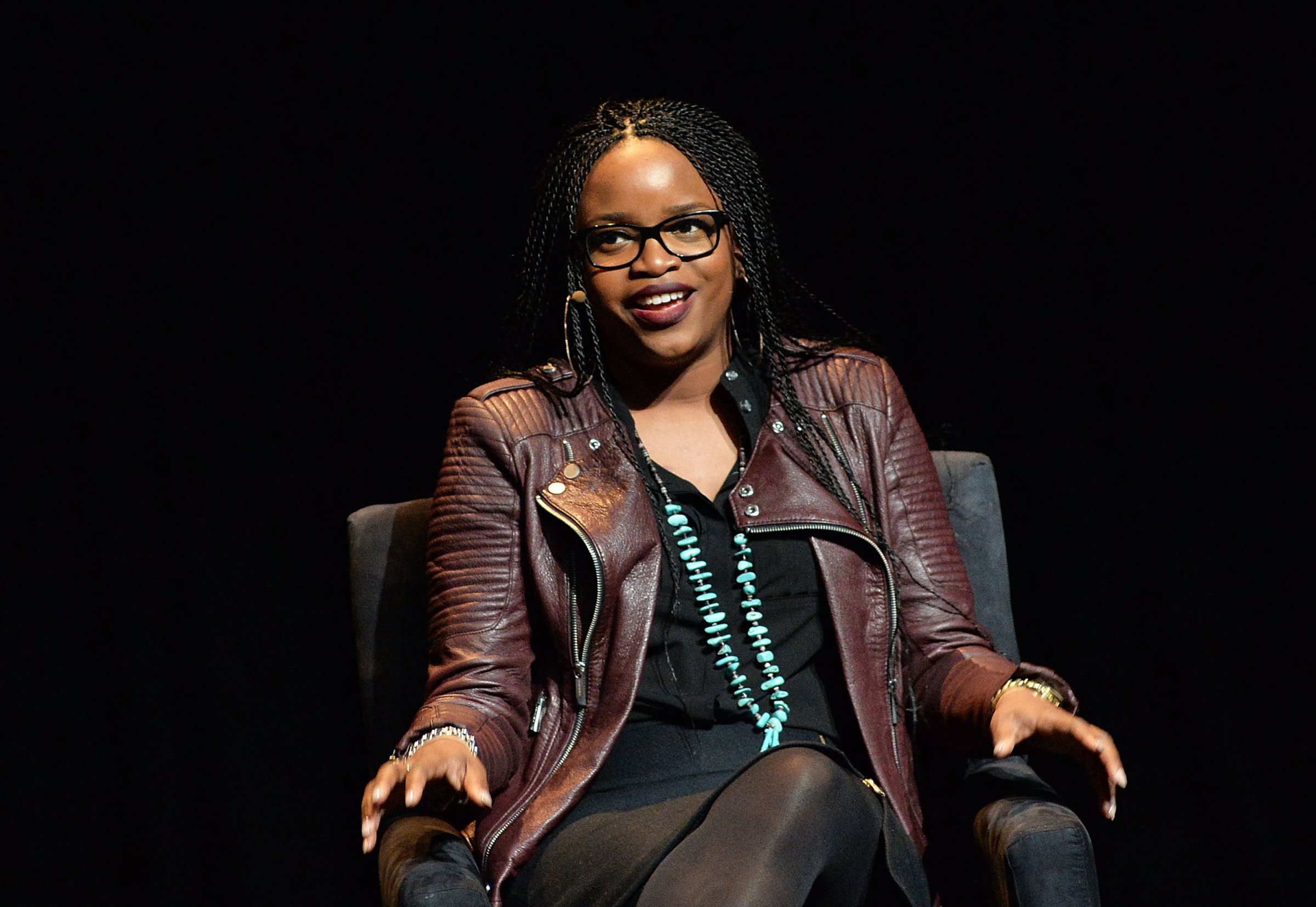
Over the past few years, we’ve seen the rise of social activism and awareness through viral hashtags like #BlackLivesMatter, #OscarsSoWhite and now, #BlackWomenAtWork.
The global Black Lives Matter movement, created by Opal Tometi, Alicia Garza and Patrisse Cullors after the killing of Trayvon Martin, continues to be the catalyst for social change in our communities, police departments and education systems. Last year, writer/activist April Reign started a nationwide conversation around the lack of diversity in Hollywood with the hashtag, #OscarsSoWhite. And most recently, educator and activist Brittany Packnett popularized the hashtag, #BlackWomenAtWork after two prominent Black professionals were attacked on the same day: Rep. Maxine Waters and veteran journalist April Ryan.
Through the trending tag, the Twitter community both defended the two women while opening up about discrimination they’ve experienced in the workplace.
Packnett, co-founder of Campaign Zero, told ESSENCE that the hashtag was our “chance to rally around our aunties and around each other to remind ourselves that we can tell the truth about our challenges – and still know we are greater than them.”
While #BlackWomenAtWork was already in existence — Packnett reveals that she later found out she was not the first to use it — the activist was inspired to shape a conversation around the hashtag in the wake of multiple attacks on our Black leaders, from Waters to John Lewis.
Subscribe to our daily newsletter for the latest in hair, beauty, style and celebrity news.
“Part of the shock people experienced was because everyone hasn’t lived life as a Black woman. It wasn’t a shock for us — but it was a shock for many because the things we endure, even as professionals, are still silenced experiences,” Packnett said.
“Black people endure — we do it and we do it well — but the idea that we should have to is what is most insulting,” she continued.
“Congresswoman Waters and April Ryan are accomplished, resilient women who will not be intimidated. Their example — and that of so many others- helps us remember our worth, our brilliance, and our capabilities. [#BlackWomenAtWork] was a moment for us to be real, hopefully for others to learn and do better.”
For Packnett, who also serves as the Vice President of National Community Alliances for Teach For America, hardships in the work place have included things like being told to ‘never go back to braids’ after straightening her natural curls and being hit on by a white man in a meeting, only to be told by another colleague to “use what you’ve got.”
“Black women are more than enough, irrespective of what we have survived. We are, as Jesse Williams said, both magic and real, and that is our essence,” Packnett said.
You can find more on the hashtag, here.
More Must-Reads from TIME
- Donald Trump Is TIME's 2024 Person of the Year
- Why We Chose Trump as Person of the Year
- Is Intermittent Fasting Good or Bad for You?
- The 100 Must-Read Books of 2024
- The 20 Best Christmas TV Episodes
- Column: If Optimism Feels Ridiculous Now, Try Hope
- The Future of Climate Action Is Trade Policy
- Merle Bombardieri Is Helping People Make the Baby Decision
Contact us at letters@time.com